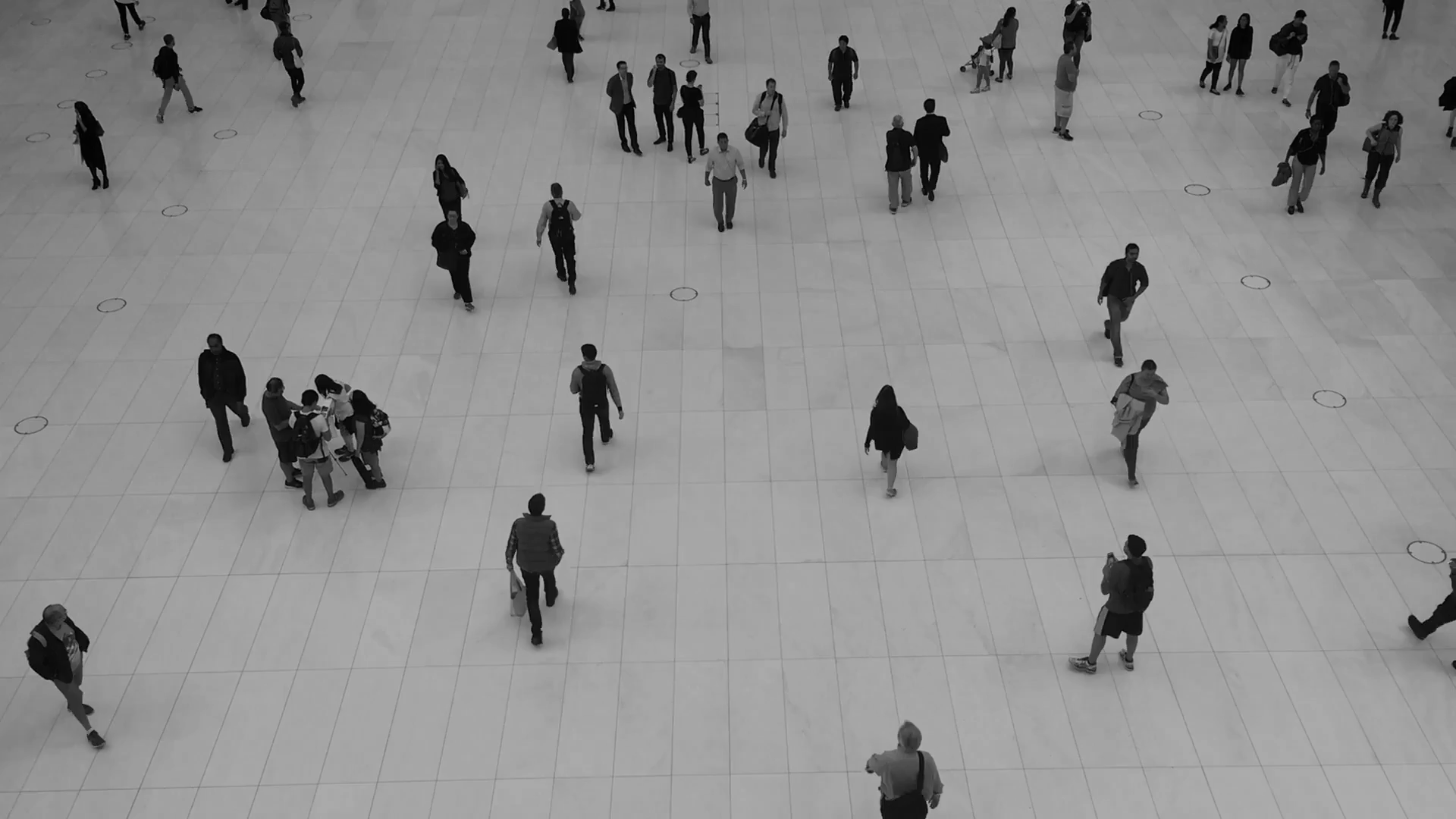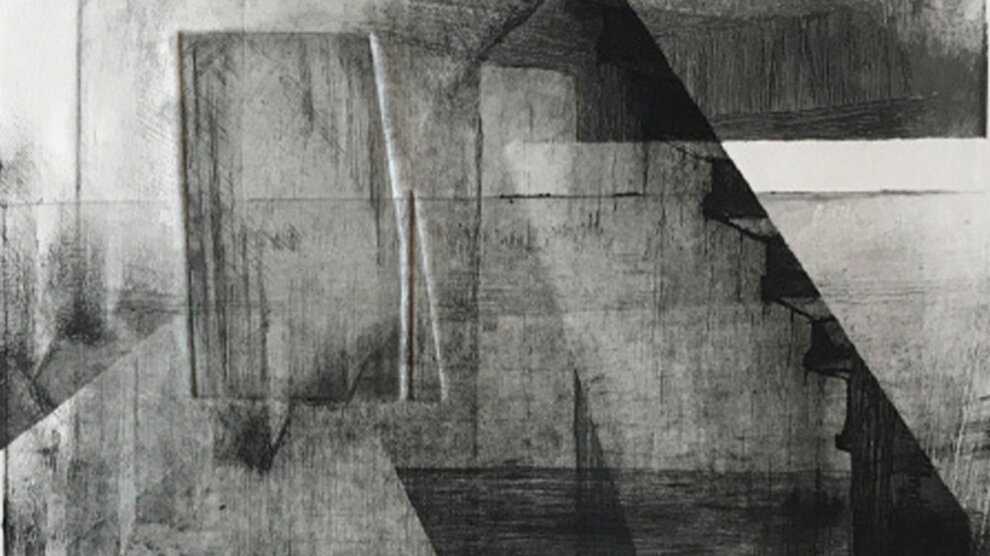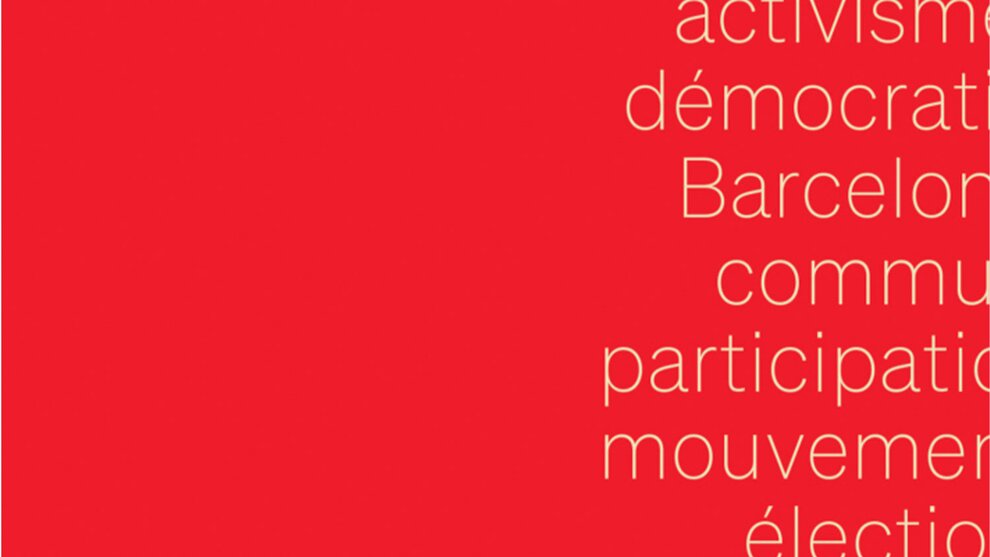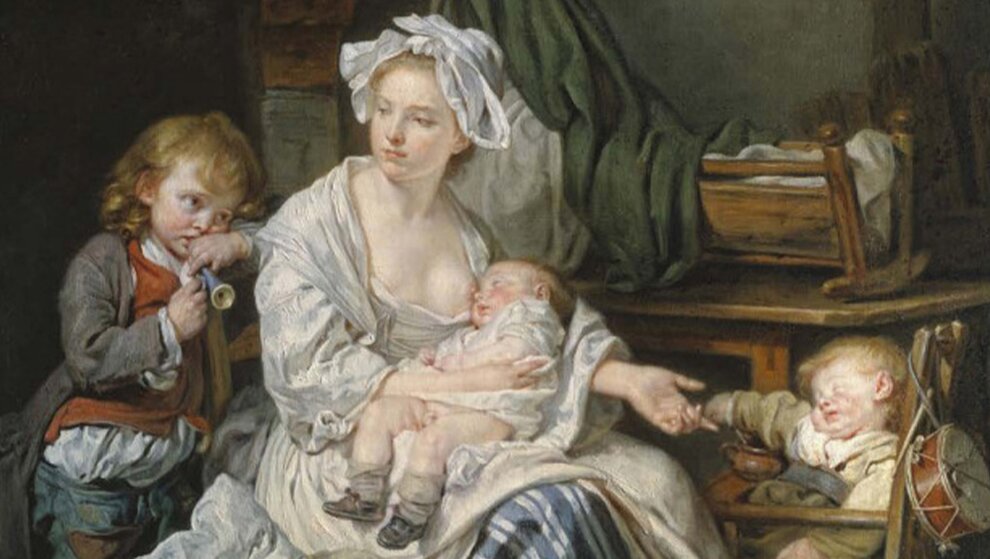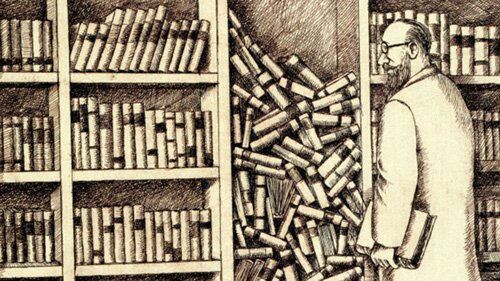Pensée et culture stratégiques russes
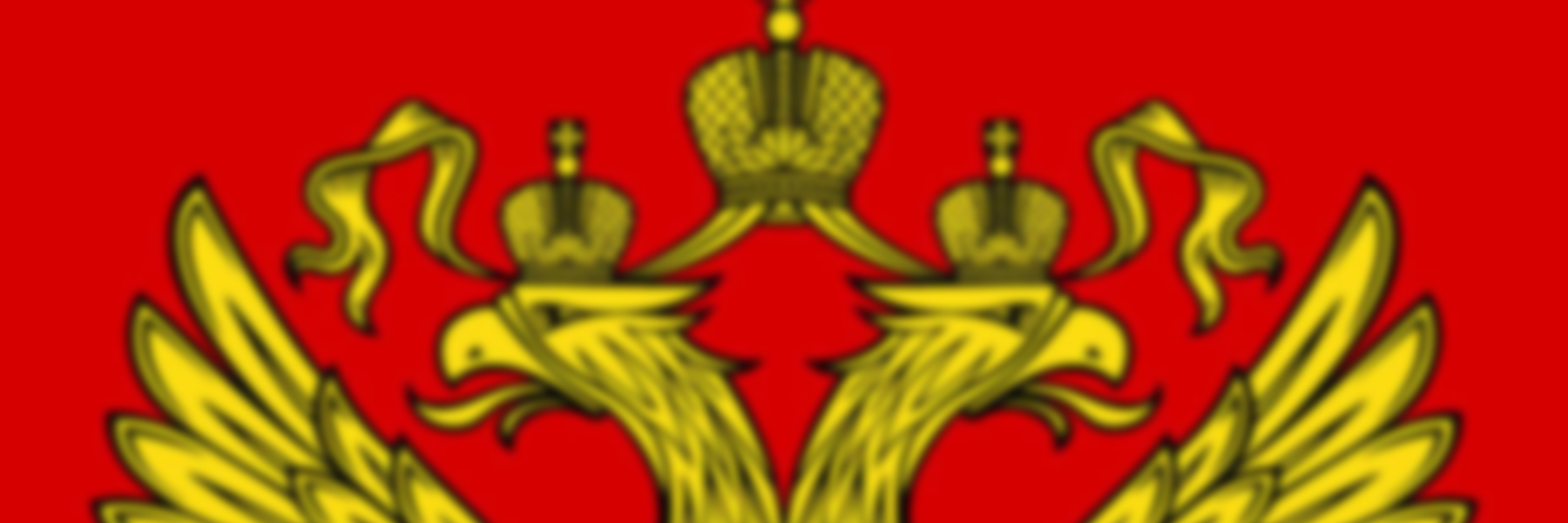
- At the roots of the war in Ukraine -
This book focuses on the theorization of the circumvention of armed struggle in post-Soviet Russian strategic thinking. While significant research has been conducted on the application of Russian indirect strategies in post-Soviet and Western countries, analysis of their conceptual roots and the military strategists who produce them is still lacking, thus hindering not only the identification of the concepts and notions actually used by Russian military theorists, but also the understanding of the deep logics structuring post-Soviet Russian strategic thinking. Based on an examination of Russian military literature, which has not yet been widely researched, doctrinal documents and speeches by Russian military and political officials, this history and strategy book is also based on biographical data on the country's main senior officers and generals, as well as civilians close to the Russian General Staff and Ministry of Defense. In addition to an analysis of the concepts, notions, and debates through which Russian military theorists have attempted to understand the characteristics of a modern warfare that is less and less centered on armed struggle, this book explores the cognitive frameworks of these strategists, made up of beliefs, perceptions, and a strategic culture that, although often neglected in the post-Soviet Russian military context, are an essential key to understanding Russian military doctrinal and institutional changes since the fall of the USSR.
The author
Dimitri Minic is a researcher at the Ifri's Russia/NEI Center. He holds a PhD in the history of international relations from Sorbonne University and received funding from the Ministry of the Army for his thesis, entitled "Bypassing armed struggle: Russian strategic thinking in the face of the evolution of war, 1993-2016."
His research focuses on Russian strategic thinking, military, and hybrid and high-intensity capabilities. He also works on the issues of strategic culture and threat perception of Russian political-military elites.
Dans la presse
- Poutine, Prigojine, Choïgou... Qui sont les gagnants et les perdants de la mutinerie de Wagner ?, Le Figaro, 27 juin 2023
- Pourquoi la milice Wagner se rebelle en Ukraine ?, Brut., 26 juin 2023
- Dimitri Minic, spécialiste de l’armée russe : « La crédibilité du Kremlin est ébranlée », Le Monde, 24 juin 2023
- Dimitri Minic : « Prigojine a symboliquement déposé Poutine », L'Opinion, 24 juin 2023
- Prix Albert Thibaudet 2023, Centre Thucydide, juin 2023
- Guerre Russie-Ukraine : le règlement des comptes, Revue Politique et Parlementaire, 8 juin 2023
- UKRAINE - Dimitri Minic est l'invité de Yves Calvi, RTL, 8 juin 2023
- Ukraine : la contre-offensive a commencé, C dans l'air, 5 juin 2023
- Ingérences russes et chinoises en France : enquête sur l'autre guerre qui se joue en coulisses, L'obs, 1er juin 2023
- « En Ukraine, le fiasco russe du contournement de la lutte armée », La Croix, 30 mai 2023
- Dimitri Minic, spécialiste de l’armée russe : « La décision d’envahir l’Ukraine était fondée sur un mirage typique des élites politico-militaires russes », Le Monde, 19 mai 2023
- Dimitri Minic : "En Ukraine, les Russes ont voulu contourner la lutte armée, mais ce fut un fiasco total", Le Figaro, 8 mai 2023
- Qu'est-ce que la guerre ? L'évolution de la pensée stratégique russe post-soviétique, podcast IRSEM, 25 avril 2023
- Dans la tête des stratèges de l'armée russe, LCI, 24 avril 2023
- Podcast "Pensée et culture stratégiques russes", RFI, 22 avril 2023
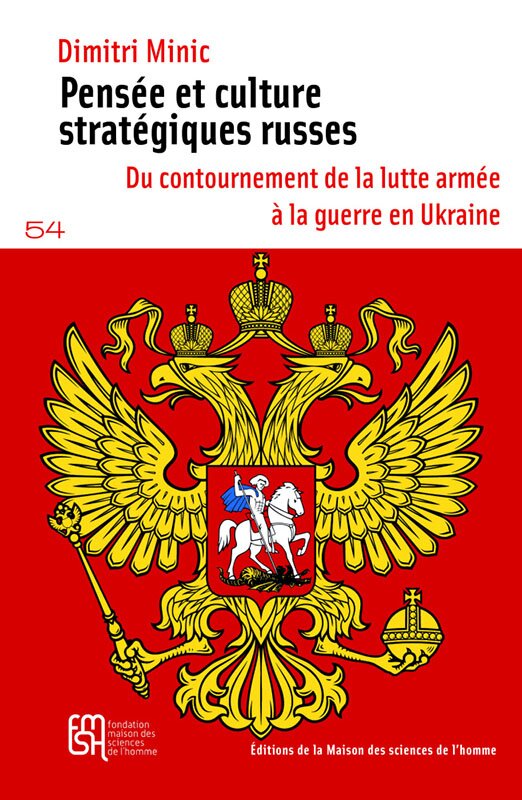
Publication April 20, 2023
Collection "54"
Éditions de la MSH
